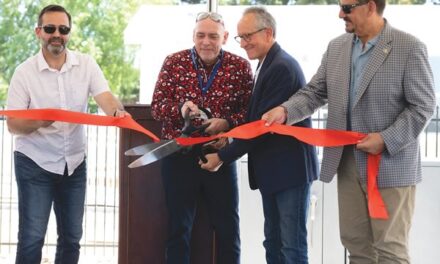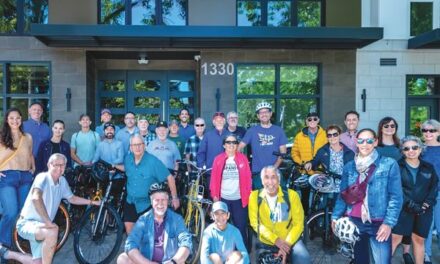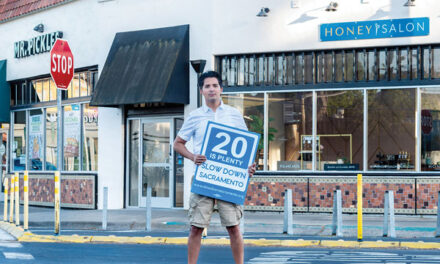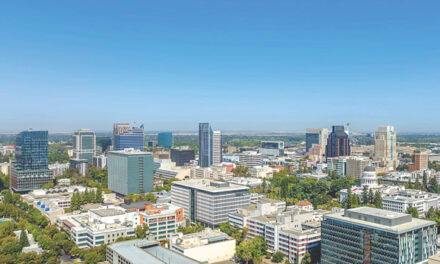It was hard not to feel nostalgic looking at photos of a demolition team tearing down old Arco Arena. Like many Sacramento residents, I spent a lot of time there and have a head and heart full of memories.
Many are wonderful, like the games my family and I attended when Chris Weber, Mike Bibby, Vlade Divac and the rest of the talented roster made a heartbreakingly close run at the NBA Western Division championship in 2002.
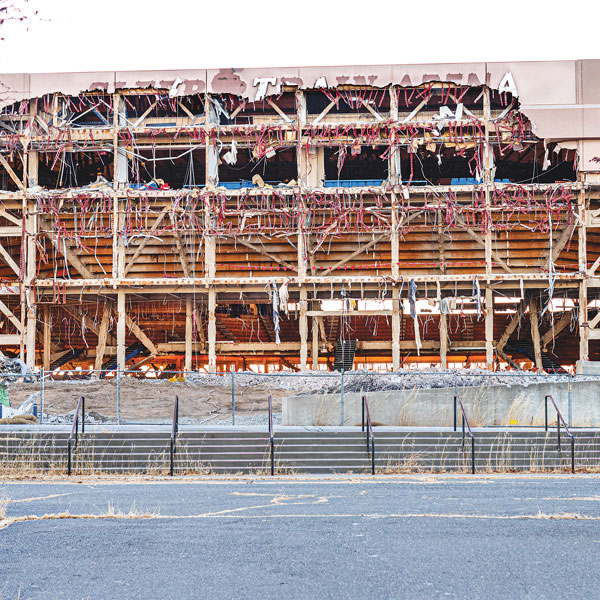
I watched more losses than wins by the home team, but most of the time, a visit to Arco was good, if costly, entertainment. My wife and I saw some great concerts, including U2 and Bruce Springsteen, mediocre acoustics notwithstanding.
As arenas go, it was never best in class. It was a bargain-basement project, built cheaply and quickly by Gregg Lukenbill and Joe Benvenuti, the developers who brought the team from Kansas City. They got it done without public subsidies, a rarity then and now.
Lukenbill knows a lot about building. He constructed the first temporary home for the Kings near Arco while telling everyone it was an office building because a sports facility was not allowed under the zoning code. His contributions to his native Sacramento are impressive and long-lasting.
But basketball was never his forte or even his primary interest, an unfortunate reality for a team owner. I will never forget seeing him at Arco one Saturday afternoon during a Kings practice as he introduced himself to Rodney McCray, an indifferent NBA journeyman.
“We’re going to build our franchise around you,” Lukenbill told him. “God, I hope not,” I said to myself.
Lukenbill pulled multiple rabbits out of his hat to bring the team to Sacramento and get his second arena built in a part of the city that had long been off-limits to development. Unfortunately, his promotional prowess didn’t translate to NBA success.
The Kings played 28 seasons in Arco, so it served its purpose. The hospital, housing, retail and other uses planned for the site will pump activity into this once-bustling slice of Natomas. But I’ll miss the old building, even with its many imperfections.
Typical of the design flaws were signs that let you know where you left your car. They marked different sections of the parking lot, but when you gazed up to the signs, a blinding spotlight rendered the exercise futile.
And who can forget the game when a hard rain caused the roof to leak and Lukenbill climbed into the rafters and dramatically stretched a banner under the leak to catch the water and allow the game to continue? A game the Kings lost, of course.
The best thing about Arco is that it got built. Despite some trying moments for the city, Kings fans and a basketball team that periodically seemed headed to Anaheim or Seattle, Lukenbill’s arenas paved the way to what we enjoy today.
Golden 1 Center cost more for taxpayers and the team’s owners, but Sacramento now has a first-rate multipurpose sports arena Downtown, which is exactly where it belongs. Representatives from other cities come to see how to do these projects the right way.
Lukenbill explained it well a few years ago in a radio interview when he called Golden 1 Center a “global-scale building,” proud because his two now-gone arenas were “stepping stones” to a brighter future for the city.
“You can’t have quality of life without the quality of the facilities to support the development that creates the aspiration and inspiration for kids to see other people excelling on a national or global scale come into the community,” he said. “For me, it was always about the facilities.”
Lukenbill has talked about growing up with a chip on his shoulder because community assets he loved—the Alhambra Theatre and Edmonds Field at Broadway and Riverside—were torn down and never replaced.
We lost another local landmark that outlived its usefulness when Arco was demolished, but this time it was replaced with something better. That’s progress, whether you are a basketball fan or not, and none of it would have happened without Gregg Lukenbill.
Gary Delsohn can be reached at gdelsohn@gmail.com. Follow us on Facebook, Twitter and Instagram: @insidesacramento.




